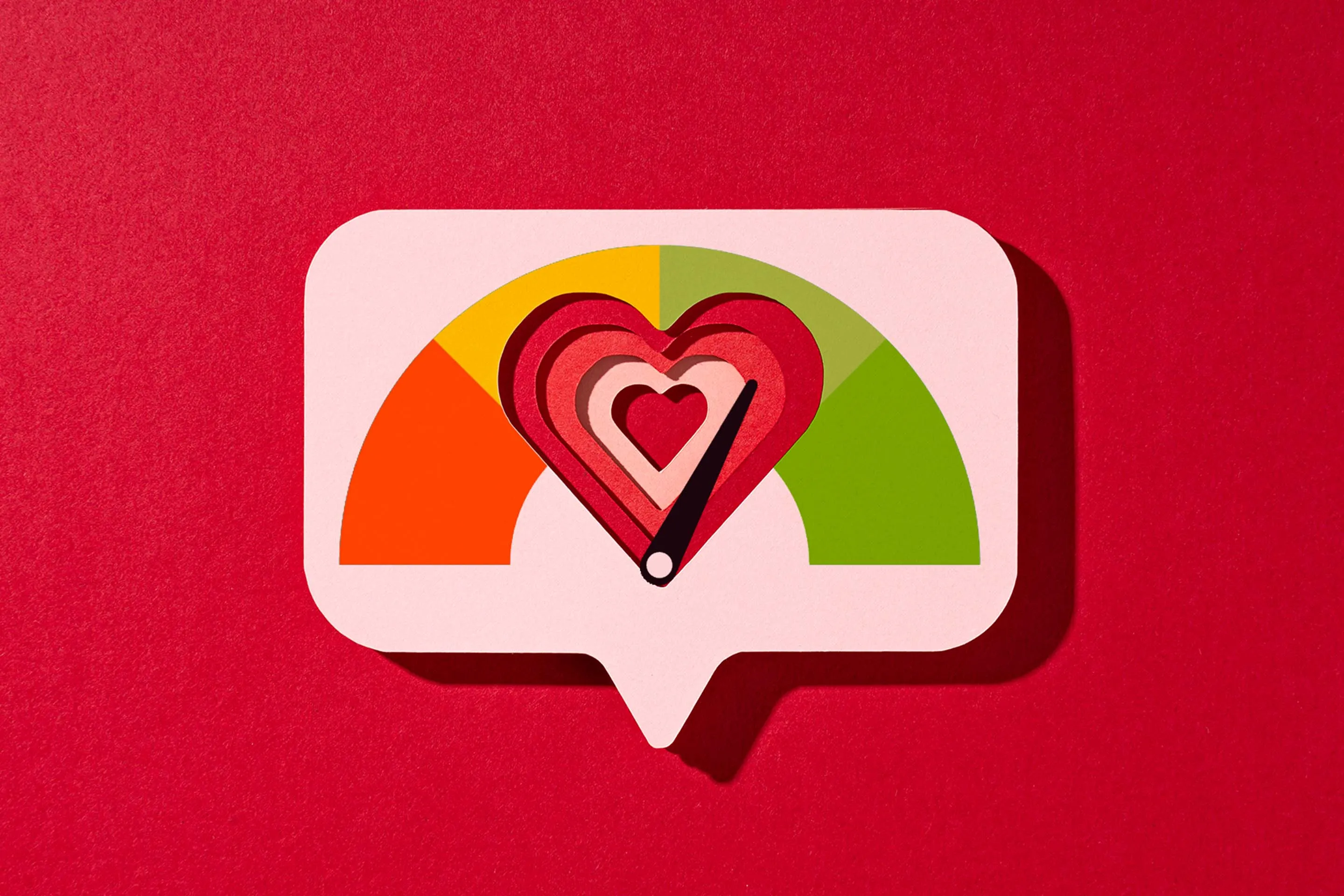Does Your Credit Score Belong on Your Dating Profiles?

Inaccurate photos, lazy pickup lines, and outdated references to The Office are all common sights on dating apps like Tinder, Hinge, and Bumble. However, a new trend has emerged that might surprise you – people sharing their credit scores on their dating profiles.
Yes, you read that right. It has become increasingly popular for individuals to showcase their credit scores on dating apps, often alongside photos with babies and dogs. While a picture with a baby might suggest that you’re good with kids and a photo with a dog might indicate your love for animals, flaunting your TransUnion 810 score might not have the desired effect.
“It’s not something I would ever let one of my clients do,” says Eric Resnick, an online dating and profile writing expert. While it’s understandable that someone might want to convey their financial responsibility by sharing their credit score, it may not be the best way to make a good impression.
A credit score is a three-digit number ranging from 300 to 850 that lenders use to assess a person’s creditworthiness. Factors such as payment history, debt levels, credit history length, and account mix contribute to the calculation of a credit score. Sharing your credit score on a dating profile could be an attempt to showcase your financial acumen and align yourself with like-minded individuals.
Sarah Darr, head of financial planning at U.S. Bank, believes that displaying your credit score can demonstrate your financial priorities and the effort you’ve put into building a strong credit history. Research supports the idea that couples with similar credit scores are more likely to have successful relationships, highlighting the importance of financial compatibility.
However, a high credit score doesn’t necessarily paint a complete picture of someone’s financial situation. Credit scores can vary depending on the entity calculating them and may not accurately reflect a person’s creditworthiness. Additionally, individuals with thin credit files may be at a disadvantage, as credit scores are often influenced by the amount of debt a person holds.
Julie Guntrip, Jenius Bank’s head of financial wellness, raises concerns about using credit scores as a measure of compatibility. Credit scores are retrospective, reflecting past financial behavior rather than current circumstances. Late payments and bankruptcies can impact credit scores for years, making them an imperfect indicator of present financial habits.
While you may view your high credit score as a point of pride, defining yourself solely by this number in the early stages of a relationship may not be the most effective approach. Resnick warns against placing too much emphasis on credit scores when evaluating potential partners, as they may not accurately reflect a person’s current financial situation or compatibility.
In conclusion, while sharing your credit score on a dating profile may seem like a way to signal financial responsibility, it’s important to consider the limitations of this approach. Building a successful relationship involves much more than a three-digit number, and it’s essential to prioritize communication, trust, and shared values when seeking a compatible partner. In the world of online dating, it’s common for people to try and showcase their best qualities on their profiles. However, one controversial trend that has emerged is the addition of a credit score to one’s dating profile. While some may see this as a way to be transparent and upfront about their financial situation, there are several reasons why this may not be the best idea.
First and foremost, there’s no way for someone to verify whether the credit score you’re displaying is accurate or not. It can come off as defensive and condescending, almost like setting a bar for potential partners to meet. Relationship expert Guntrip compares it to including your college GPA on your adult resume, which may not be the most appropriate or attractive way to present yourself.
Dating profiles are intended to give others a glimpse into who you are and spark a conversation, not to prove your worth through a numerical value. Including a screenshot of your credit score could potentially turn off individuals who feel that financial health shouldn’t be the primary factor in choosing a partner. It may also limit your dating pool, as not everyone may be comfortable with such a public display of financial information.
While financial compatibility is undeniably important in a relationship, there are better ways to broach the topic of money while dating. Relationship expert Resnick emphasizes that very few people are going to be swayed by an impressive credit score alone. Ultimately, displaying your credit score on your dating profile may have more drawbacks than benefits.
In conclusion, while it’s essential to be honest and open in your dating profile, there are more effective ways to convey your values and priorities than including your credit score. It’s crucial to focus on building a genuine connection with someone based on shared interests, values, and goals rather than financial metrics. So before you consider adding your credit score to your dating profile, think about whether it truly adds value to your profile and whether it aligns with your dating goals.





